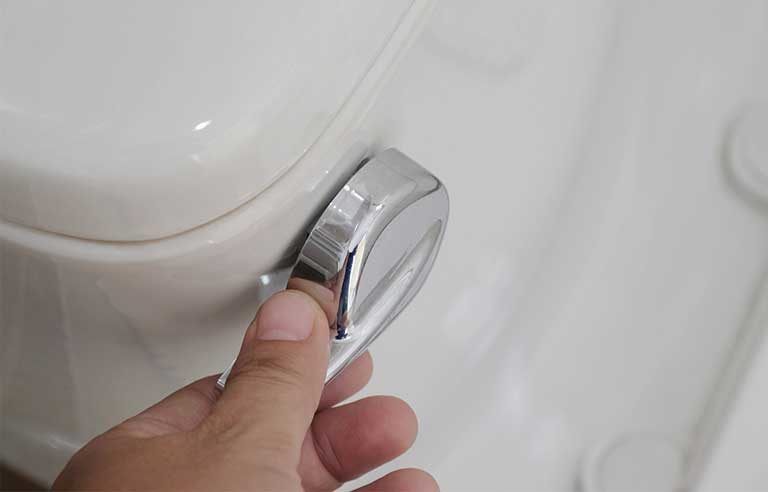Flushing wipes, T-shirts a ‘threat to human health,’ EPA says

Washington — Disposing of disinfecting wipes and other non-flushable items down the toilet can damage wastewater management systems, warns the Environmental Protection Agency.
“Flushing only toilet paper helps ensure that the toilets, plumbing, sewer systems and septic systems will continue working properly to safely manage our nation’s wastewater,” EPA states in a March 30 press release.
The COVID-19 pandemic has led to a shortage of paper products in stores across the nation. The City of Redding, CA, posted at least two tweets warning that wastewater management workers have recently responded to sewer backups caused by residents flushing items other than toilet paper, including pieces of T-shirts and “‘flushable’ wipes, which are not in fact flushable.” The city is urging residents to bag such items instead.
Remember, Bag It, Don’t Flush It. Wastewater Management continues to respond to sewer backups as a result of items other than toilet paper being flushed down the toilet, including “flushable” wipes which are not in fact flushable. pic.twitter.com/RhzLPOdOI0
— City of Redding (@cityofredding) March 27, 2020
COR Wastewater Management responded to a sewer backup from shredded t-shirts being used in place of toilet paper. Remember, if you use anything other than toilet paper, Bag it. Don’t flush it.https://t.co/BoEGROWBUi pic.twitter.com/375u7s0h6A
— City of Redding (@cityofredding) March 19, 2020
“Preventable toilet and sewer backups can pose a threat to human health and present an extra challenge to our water utilities and their workforce,” EPA states. “Flushing anything other than toilet paper, including disinfecting wipes, can damage internal plumbing, local sewer systems and septic systems. Fixing these backups is costly and takes time and resources away from ensuring that wastewater management systems are otherwise working properly.
“Having fully operational wastewater services is critical to containing COVID-19 and protecting Americans from other public health risks.”
Post a comment to this article
Safety+Health welcomes comments that promote respectful dialogue. Please stay on topic. Comments that contain personal attacks, profanity or abusive language – or those aggressively promoting products or services – will be removed. We reserve the right to determine which comments violate our comment policy. (Anonymous comments are welcome; merely skip the “name” field in the comment box. An email address is required but will not be included with your comment.)
